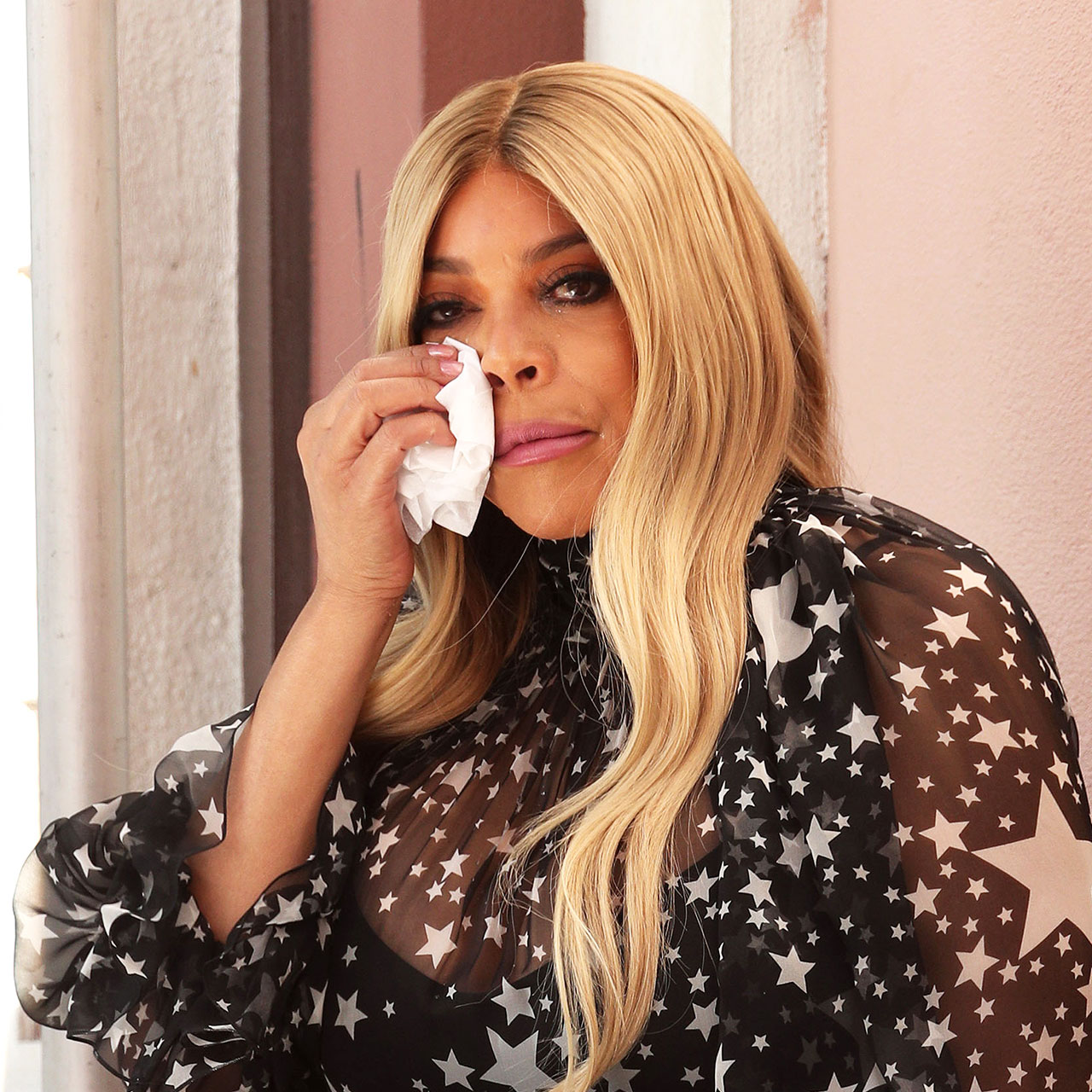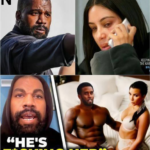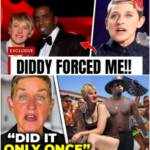Wendy Williams’ guardian has filed an amended complaint over Lifetime’s Where Is
Wendy Williams? doc, claiming the two-part series was made “without a valid
contract” while Williams was “highly vulnerable and clearly incapable of consenting
to being filmed, much less humiliated and exploited.”

It accuses the defendants – which include Lifetime and its parent company A&E
Network of willfully taking advantage of a severely impaired, incapacitated
person” and making “millions” from the docuseries Meanwhile the suit claims
Williams “received a paltry $82,000.
Williams guardian, Sabrina Ivorrissey, is demanding that all the profits from Where
Is Wendy Williams? yo to Williams, “who will need significant funding to provide for
proper medical care and supervision for the rest of her life,” the lawsuit
reads. Williams was diagnosed with primary progressive aphasia and
frontotemporal dementia.;
“As our complaint shows in painful and excruciating detail, A&E, Lifetime and
[producer] Mark Ford viciously and shamelessly exploited Wendy Williams for their
own profit while she was obviously incapacitated and suffering from dementia,” said
Morrissey’s attorneys Kaplan Martin LLP and Cadwalader, Wickersham & Taft LLP in
a statement. “Their behavior truly shocks the conscience, and they should not be
permitted to profit from her suffering. We are proud to represent her guardian in
holding them accountable.”
Morrissey filed the amended complaint in New York State Supreme Court on
Monday, Sept. 16. She first sued Lifetime, its parent company A&E Networks, and
other producers on the doc in February, aiming to block the film’s release a few
days before its premiere.
That effort, however, was unsuccessful, and the doc aired as planned. But the legal
dispute has not gone away. About a month after Where is Wendy Williams? aired,
Morrissey’s original lawsuit was unsealed. It contained claims that Williams —
referred to as W.W.H. in the suit – had signed the contract for the doc in Jan. 2023,
four months before she was diagnosed with dementia, arguably rendering her
incapable of consenting to the project. (The doc’s producers previously said they
were unaware of the diagnosis and would not have filmed Williams if they had
known.)
The new amended complaint takes that claim even further. It alleges that the doc’s
producers presented the contract after Williams had been filmed while clearly
disheveled, not mentally present, and confused.” The suit states that No person
who witnessed W.W.H. in these circumstances could possibly have believed she was
capable of consenting either to an agreement to film or to the filming itself”
To that end, the lawsuit now suggests that Williams never actually signed the
contract. The document “bears a printed, not cursive signature purporting to be the
signature of W.W.H., but looks nothing like W.W.H’s signature, which his visually
distinct.” The lawsuit alleges that the contract’s signature “does not appear to be
genuine,” and “even if [Williams] had signed it (which she did not),” she was still
ultimately “incapacitated and unable to consent” at the time the contract was put
forward.
Furthermore, the suit claims that the defendants never consulted Morrissey, despite
knowing Williams was now living with a court-appointed guardian. “[T]he Guardian
was not involved in the creation of the Program [docuseries] or the Contract and
was not shown a copy of the Contract until months after it was purportedly
executed.”
Morrissey, according to the suit, also claims she was “actively misled” about the
film and was “unaware of the damaging way” that Williams was allegedly being
filmed. She said she was led to believe Williams was “being treated properly and
with respect and dignity,” citing several photos texted to her during filming that
showed Williams “on set, professionally made up, well dressed, and looking
beautiful and happy.”
This is why, orrissey says, she didn’t try to stop the film until right before tis
premiere. Had Morrissey known that the production team was “taunting, goading,
and tormenting” Williams, per the suit, “she would have sought to stop filming
immediately.”
A representative for A&E Networks did not immediately return Rolling Stone’s
request for comment.
This story was updated at 4:35 p.m. ET with a statement from Morrissey’s lawyers.





































 Jake Paul ‘rescued’ Mike Tyson gift after boxing icon’s savage response
Jake Paul ‘rescued’ Mike Tyson gift after boxing icon’s savage response

























































































































 50 Cent’s Shocking Video About Diddy Makes Kevin Hart So Angry He Can’t Take It!
50 Cent’s Shocking Video About Diddy Makes Kevin Hart So Angry He Can’t Take It!













































































































































